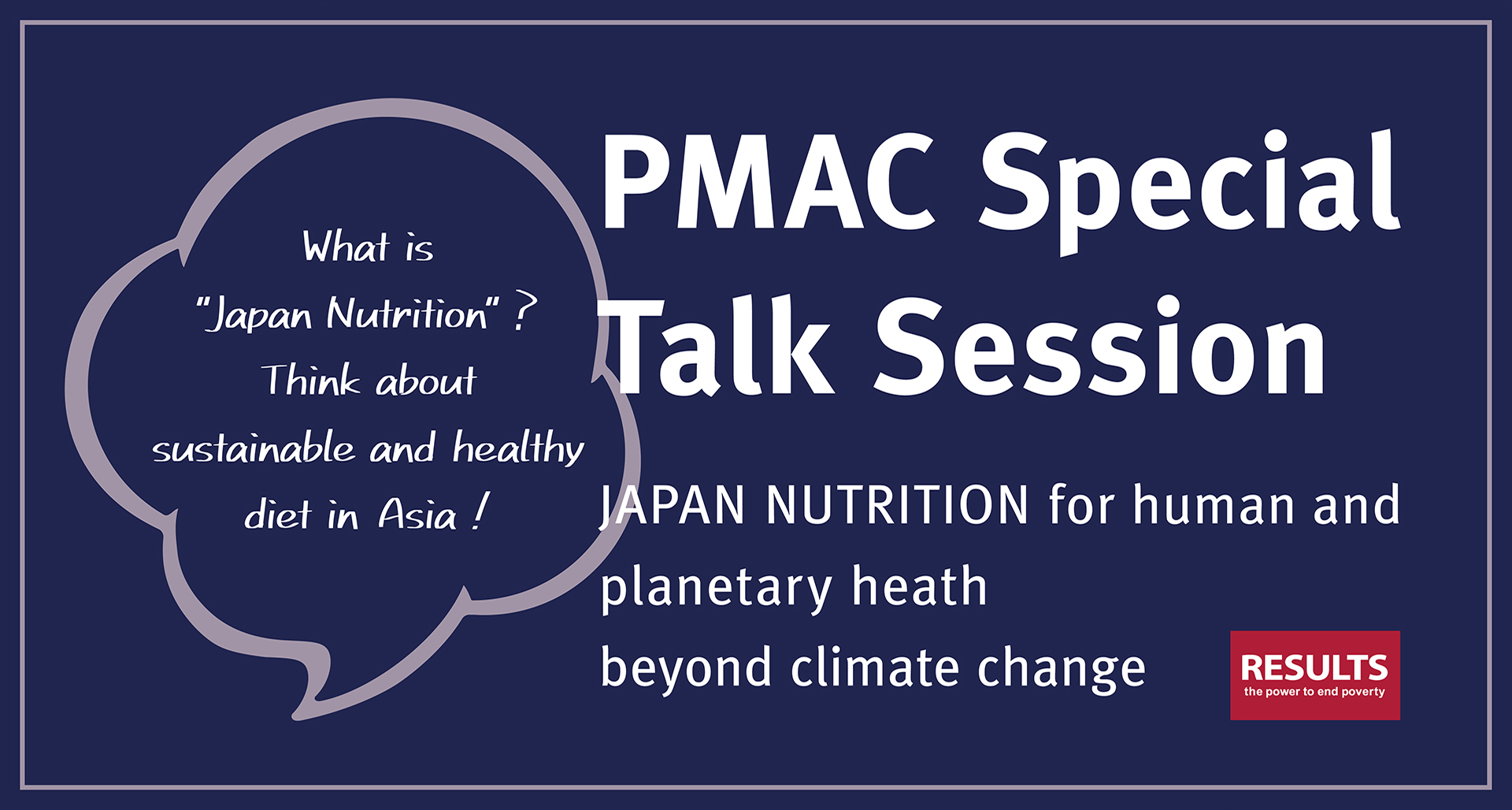Side Meetings
SMB311
JAPAN NUTRITION for human and planetary heath beyond climate change
25
Jan
- RESULTS JAPAN
- Ajinomoto Co., INC
- Japan Dietetic Association (JDA)

The fragility of the world's food system has become apparent due to the effects of pandemics, conflicts, and climate change., etc.. In addition, it is said that the world's population will exceed 10 billion by 2050, and it is said that the food supply capacity of the earth will reach its limit as long asif the current dietrate of food consumption continues. Building a sustainable and healthy food environment is required.
At the Tokyo Nutrition Summit 2021, PresidentDr. Teiji Nakamura President of the Japan Dietetic Association, had announced the concept of “Japan Nutrition” and pointed out the following points.
・In modern Japan, Western food culture has spreadbecome more and more popular, but traditional Japanese food culture has not been exterminated. TheInstead, the two food cultures merged to form a new food culture.
・Traditional Japanese food was originally not very nutritious.nutritionally well balanced. However, the public and private sectors worked together to improve it and had spread it through food education activities.
Meanwhile
On another front, the Eat Lancet Commission announced the Planetary Health Diet. With the world's population reaching 10 billion by 2050, they advocated building an eco-friendly food system and promoting healthy diets using ingredients available within thata reachable range. In their report, they point out that Japan's eating patterns arefood culture is highly sustainable.
Traditional Asian diets are based on local productsproduce such as rice, fish and vegetables, and use salt and fermentation to preserve food and reduce waste. In addition, fermented seasonings that originated in each region have formed unique and rich food cultures. This is a common feature of Japanese food culture.
Therefore, we believe that building healthier eating habits while making the most of traditional Asian diets from the perspective of The Planetary Health Diet is extremely beneficial from both a sustainability and a nutritional perspective.
This session will bring togetherinvite experts on Thai and Japanese food culture and nutrition experts. First, we will confirmlearn about the diverse values of traditional Thai food, which is a representativerepresents the Asian food culture of Asia. Next, Wewe will share the knowledge of “Japan Nutrition”. On top ofWe will further build on that, we will think together about the possibility of and have a panel discussion on creating a new "sustainable and healthy diet in Asia" by adding the concept of "deliciousness" and "knowledge of improving nutrition".

